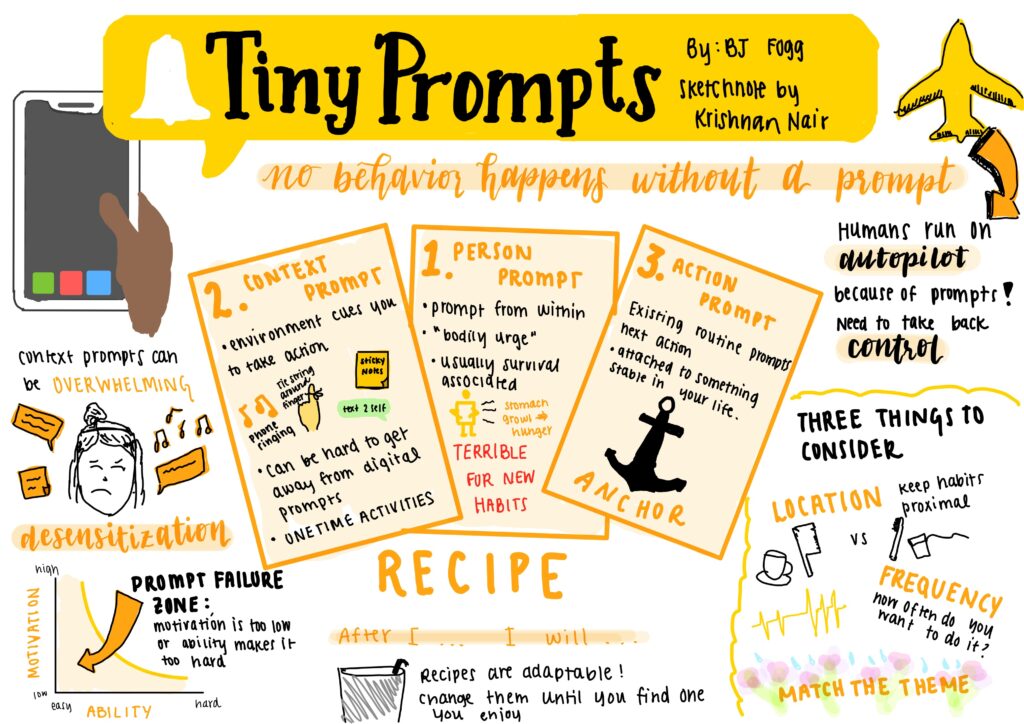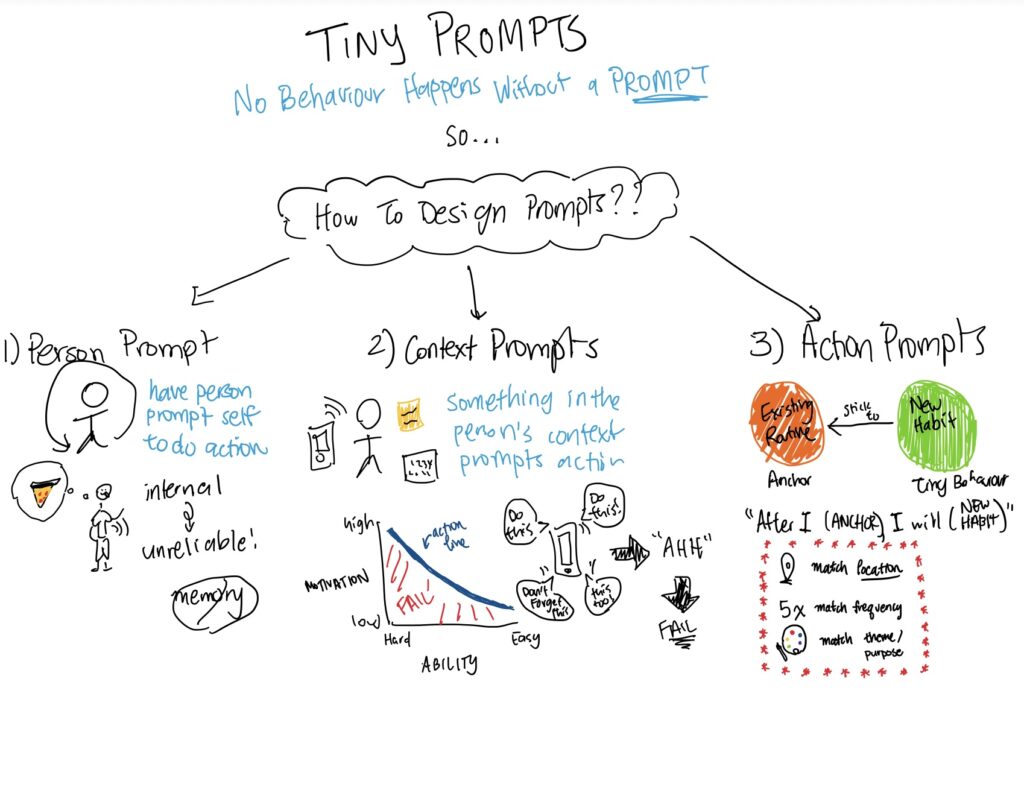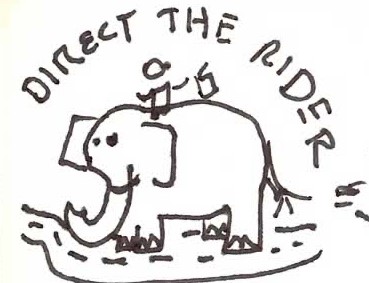As someone who came into this course with little to no idea of what it meant to be a product manager, I greatly appreciated the opportunity of the BrainSpark project leading up to the pitch deck. By roleplaying a Product Manager, I gained practice in developing a mindset that shifted away from the development of product features (as that has been my focus in product design/cs these past four years), and more into the “what and why” of those features that would be included and the timeline/team it would take to get there. It was a new way of thinking and collaborating that I had not previously been privy to; I found myself greatly enjoying exploring these new analytics.
I also have a much greater appreciation for why the “Product Management” role is a title that comes with no specific description. When I previously worked as an APM intern for a real estate startup, I was asked to do anything that needed to get done at the time. Although I enjoyed the diversity of the work I was doing, I found myself often scratching my head if *this* was product management, a question I sought to answer with this course. I suppose it was, as is every other PM experience I’ve heard, as it varies depending from company-to-company and project-to-project. The questions I would have needed to answer in this course would have been a completely different experience if I had been in Soup and Bread rather than Brainspark Games.
Participating in this project has been a very rewarding experience by blending new ways of strategic thinking and collaboration. Throughout the course, each task required us to think critically about how to make educational gaming accessible and engaging for university students, while also exploring ways to scale and sustain the product financially. Weekly tasks like market research and journey mapping were great guidelines for finding the next step of what to focus on, and I deeply enjoyed the case studies of the reading, asking myself what I would do if I were a product manager in those scenarios.
When it came time to create the final pitch, I took on the task of researching and creating our 18-month timeline along with our ask, which at the time I had no idea what that would look like (I did kick myself at the time for not doing a section that had already been well-established and researched in the course, like the TAM/SAM/SOM). Nevertheless, as I delved into what a semi-realistic timeline would look like based on other Edtech game companies and asked questions to TAs when I ran into ambiguity (very helpful btw, thank you :> ), I found myself learning so much more than I could have anticipated and felt a great sense of accomplishment at my slides and the feedback given by real PMs in industry (a moderately terrifying experience, but we lived).
Overall, I was also really proud of my team. The work was distributed well and it’s clear that each member put their own research and personal spin on their slides- I greatly enjoyed working with them on a project like this. It’s always good luck (some might call it a miracle) when every group member has the same level of investment in the course assignment, and I might have hit a teammate jackpot as I also had fun with them in the process. I was proud of our final presentation.
After this project, although I’m sure there is still much to learn, I feel much more prepared than week 1 to approach real-world challenges in product management, with this project deepening my strategic skills, teamwork, and ability to remain flexible in an evolving project.



